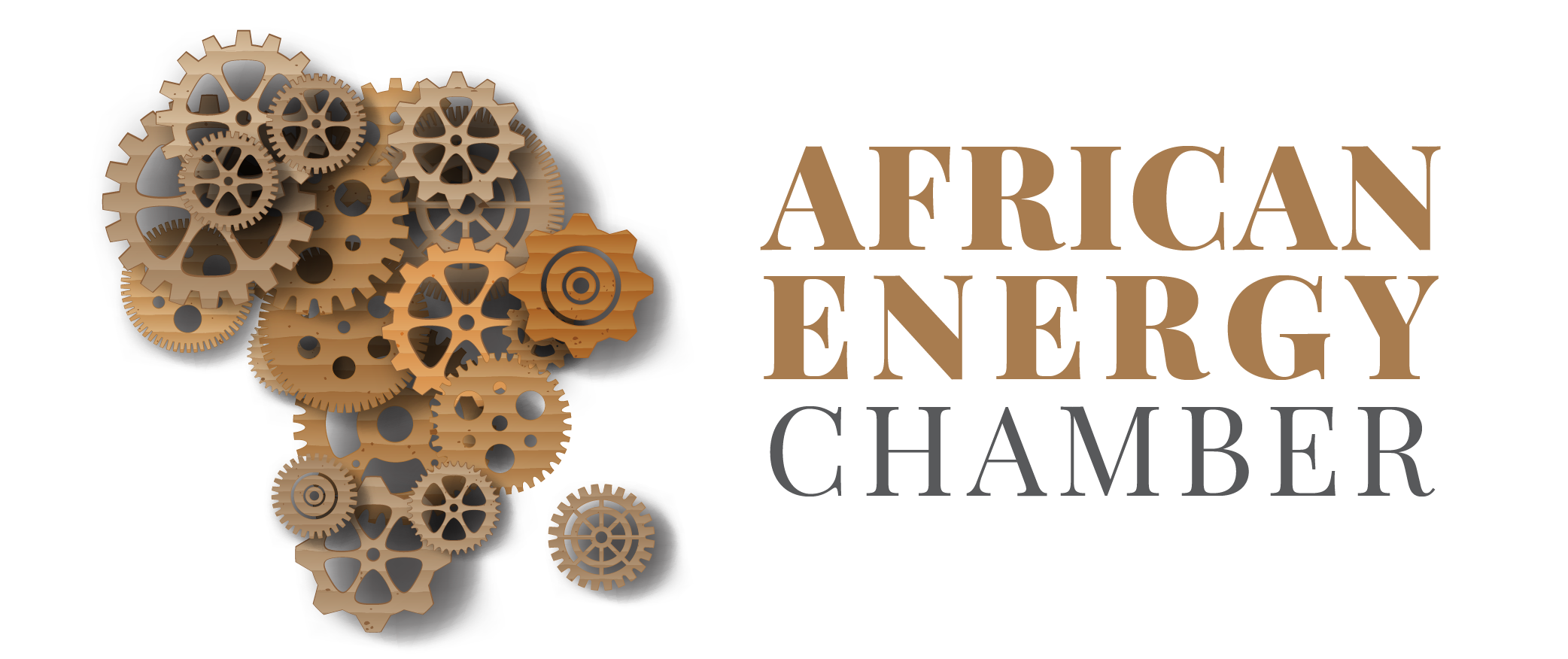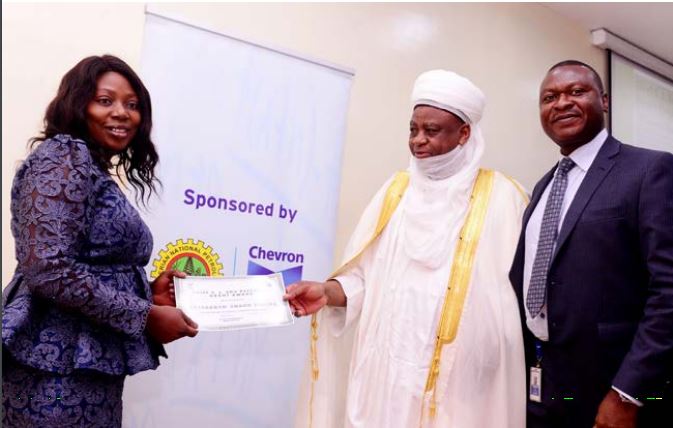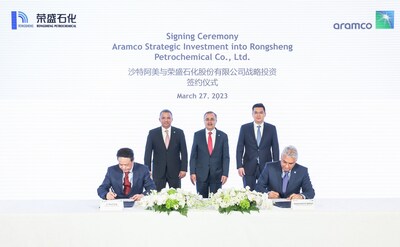Côte d’Ivoire is establishing a new energy leadership in West Africa following several initiatives taken to monetize natural gas across power generation and public transport. In a region rich in natural gas, such initiatives are driving Côte d’Ivoire’s energy transition and paving the way for more industrialization and jobs creation.
Business Hilights Energy Desk recalls that since January 2020, the country has secured key financing for its major gas-to-power projects, Azito and Atinkou.
The former is a brownfield expansion of the existing Azito gas-to-power station, a 460MW plant owned and operated by Globeleq which uses natural gas supplied from Côte d’Ivoire’s offshore gas fields.
Azito is being expanded by 253MW and its expansion project reached financial close in January 2020. Upon completion, the Azito plant will represent about 30 percent of Côte d’Ivoire’s installed power generation capacity.
The expansion project relies on a debt financing package of EUR 264 million provided by several financial institutions such as the International Finance Corporation (IFC), the African Development Bank (AfDB); the West African Development Bank (BOAD); the OPEC Fund for International Development (OFID) and a pool of European Development Finance Institutions (EDFIs). Minister of Petroleum, Energy and Renewable Energies of Côte d’Ivoire, M. Abdourahmane Cisse, laid the foundation stone for Phase IV on March 7th, 2020 and first power is expected this year.
The latter, Atinkou or Ciprel V, is a project carried out by the Eranove Group to develop a 390MW combined cycle gas-to-power station outside of Abidjan. A 20-year concession agreement was signed for the project in December 2018, and it just secured a financing package of EUR 303 million from the International Finance Corporation in March 2020. The full debt financing package was provided by several financial institutions such as the African Development Bank (AfDB), the Dutch entrepreneurial development bank FMO, Germany’s Deutsche Investitions-und Entwicklungsgesellschaft (DEG), the Emerging Africa Infrastructure Fund and the OPEC Fund for International Development (OPEC Fund).
The government is also enabling the right kind of business environment for the sector to thrive.
Four decrees were signed in the Council of Ministers on March 11th, 2020, to renew the exclusive exploitation authorization for the oil and gas fields of Foxtrot, Mahi, Manta and Marlin in Block CI-27. The decrees extend each authorization by 10 years, with the explicit goal of “ensuring the stable and continued supply of gas to the new power plants CIPREL 5 and AZITO 4 and guarantee national power supply sufficiency.”
The African Energy Chamber is extremely encouraged by such developments, not only because they will allow Côte d’Ivoire to generate cheaper and cleaner power, but because they demonstrate financial institutions’ continued appetite for Africa’s gas-to-power sector. According to a 2018 study by Power Africa, sub-Saharan Africa has the potential to develop 400GW of gas-to-power capacity based on its known gas reserves. Côte d’Ivoire is one of the market with the highest potential and Power Africa estimates that over 1.2GW of gas-to-power capacity could be developed there by 2030. The ongoing expansion of Azito and construction of the new Atinkou plants have set Côte d’Ivoire on a path to fully exploit that potential, and open the way for its African neighbours to follow.









